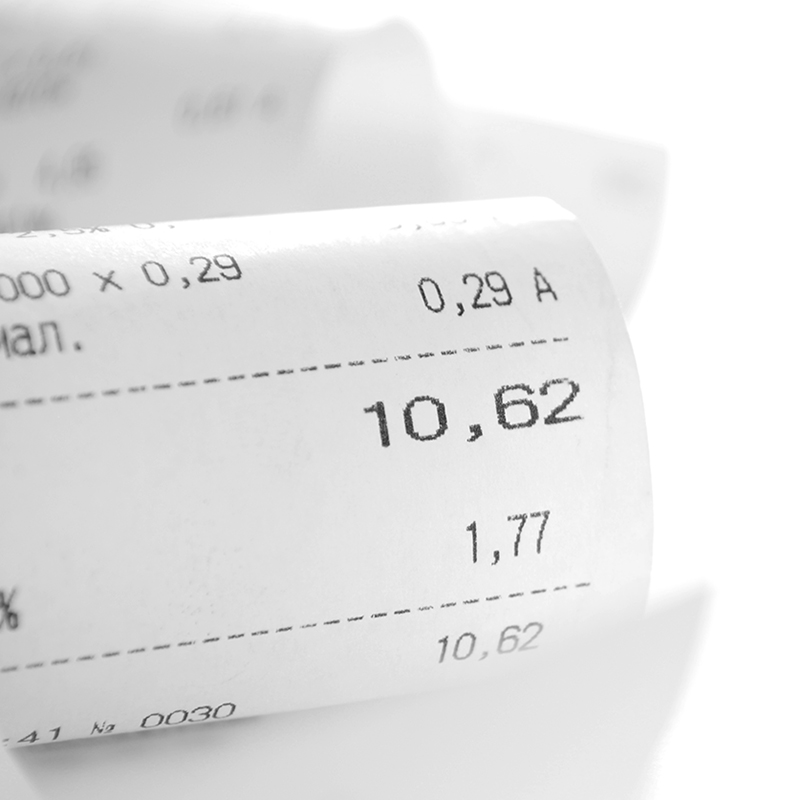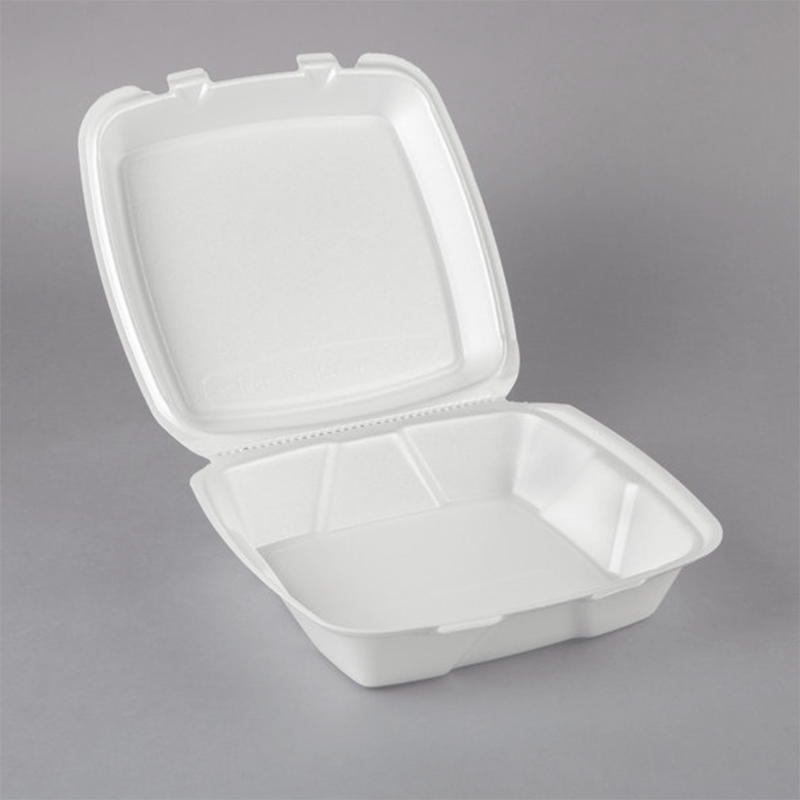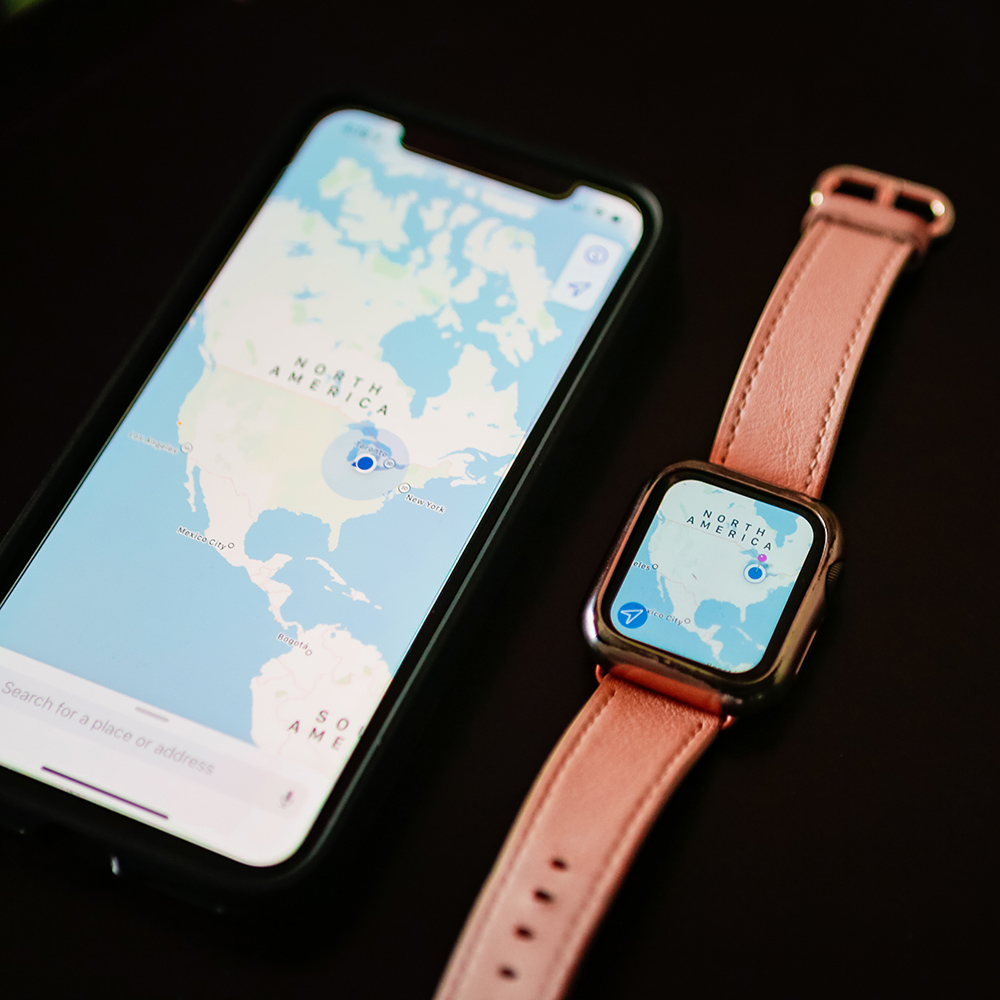The Hazard of Paper Receipts

By: Caroline C.Year: 2023School: Arnold O. Beckman HighGrade: 10Science Teacher: Michael Tran In a world dominated by technological advancements and fast-paced transactions, paper receipts have become an integral part of our daily lives. However, a science project by Caroline aims to shed light on a potential threat lurking within these seemingly innocuous slips of paper. The central question …




